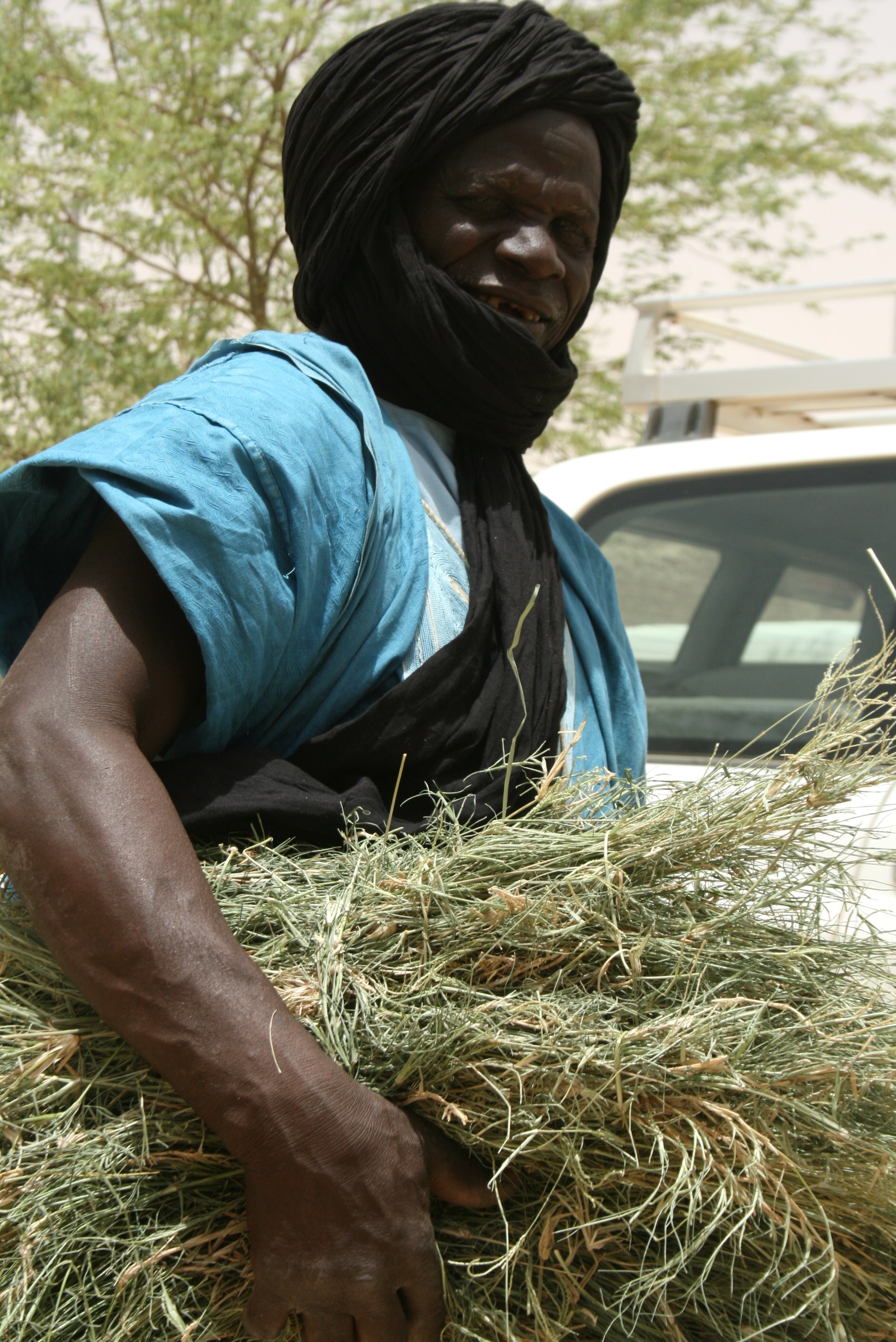Limited agricultural productivity has forced the poorest, a third of rural households in Niger, Mauritania and Mali, to rely increasingly on markets rather than on their own production, even in normal years. "They can only cover one-third of their food needs through their production, except in more fertile areas in the south," said Seidou.
"The market is their main source of food, but they need money. Their main source of cash is their labour: they earn an average of 20 cents a day per person; even if there is food available on the markets, they can not afford it."
Qualitative household economic surveys by NGOs and national early warning systems from September 2007 to May 2010 in rural areas in Niger, Mali and Mauritania looked at where and how households found their food, their source and level of income, and the proportion used to pay for food and basic services, including health and education.
Key findings include
- Substantial wealth gap: in agricultural areas, the richest earn from nine to 15 times more than the poorest; even though they only represent 15 percent of households, the richest own more than half the cultivated land and cattle.
- Chronic food shortages: the poorest families are unable to meet their food needs, especially during the lean season from May to August, even in years when good rain brought healthy production; moreover, in agricultural areas the protein-deficient cereal diet is poor in nutrition.
| More on food security |
- Insufficient agricultural production: the poorest families have insufficient earning power; more than 50 percent of household income comes from paid labour, but significant numbers are unable to secure work locally and are forced to migrate or sell their land to buy food and pay debts.
- More than half the income of the poorest goes to food: even in agricultural areas, food purchases eat up more than half of family income; any food price increase means a family may eat less, consume food of poor nutritional value, or cut education and health expenses.
- Cattle cash: sales of cattle are the main source of income for richer families; milk from the cattle provides a more balanced diet. A recent study in Niger by Save the Children UK showed that cattle owners could have a proper diet at half the cost of what those who did not have animals would have to spend.
//This article was amended on 1 July. The original version did not mention that even in normal years, the poorest's production is insufficient to meet their food needs. This has been corrected.//
This article was produced by IRIN News while it was part of the United Nations Office for the Coordination of Humanitarian Affairs. Please send queries on copyright or liability to the UN. For more information: https://shop.un.org/rights-permissions





